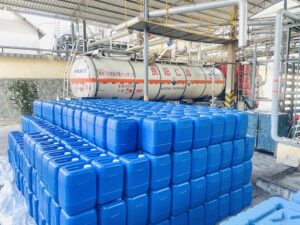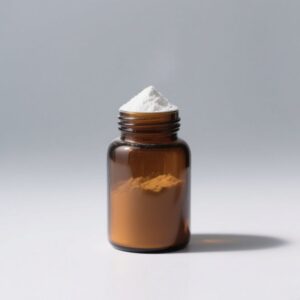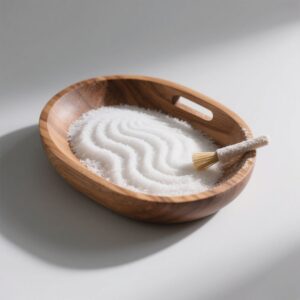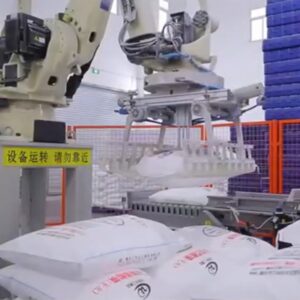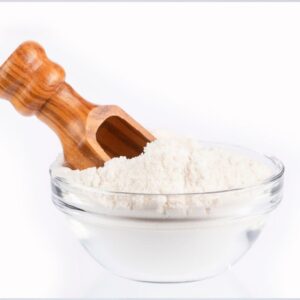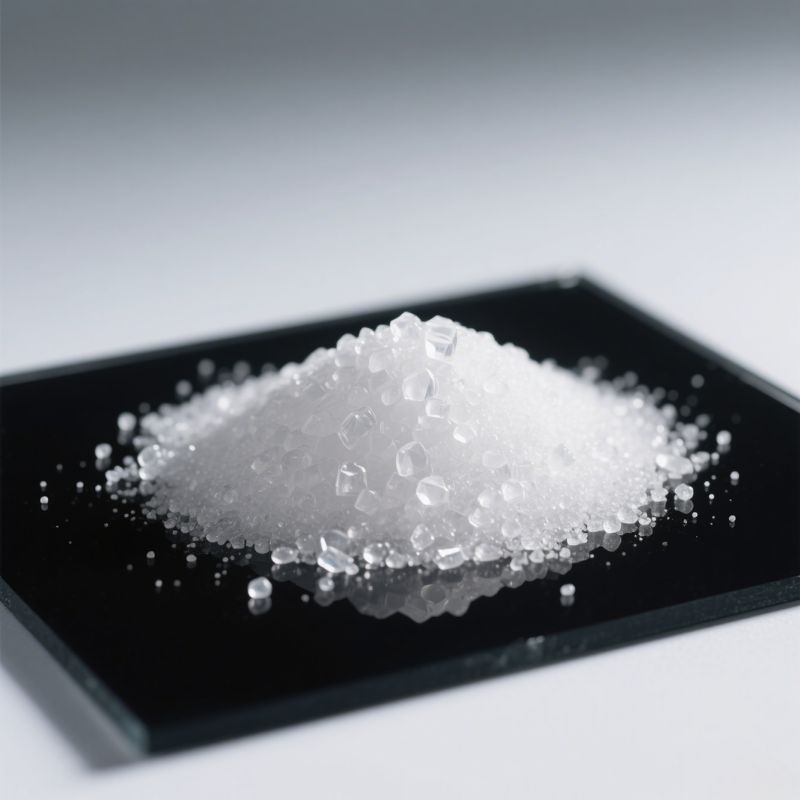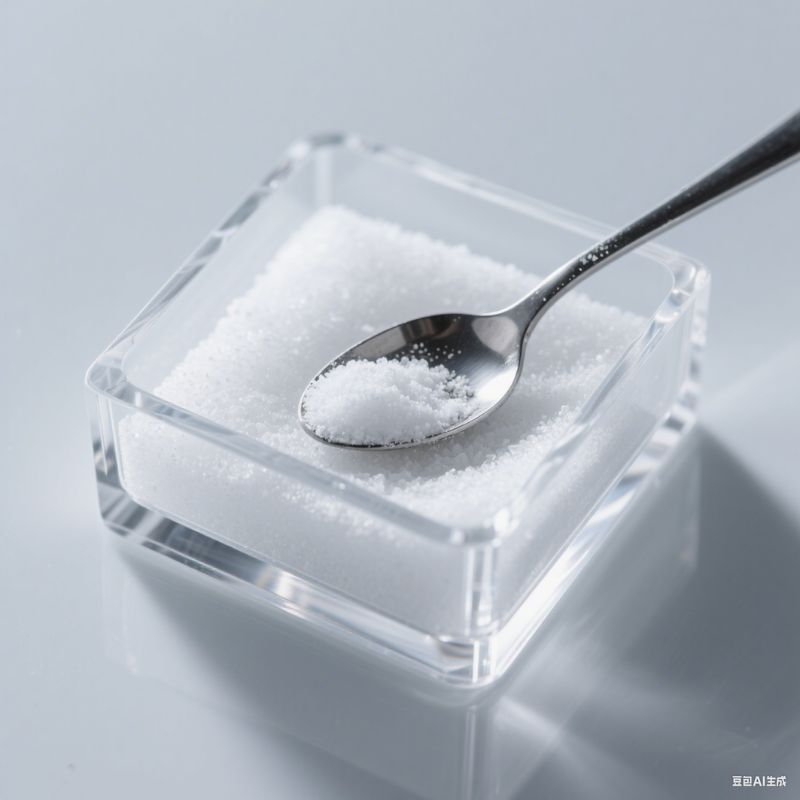Sodium Tripolyphosphate (STPP) is a powerful compound that plays a vital function across numerous sectors, from cleansing items to food processing. Recognized for its capacity to enhance efficiency, boost product quality, and serve numerous functions, STPP is a flexible chemical with a wide variety of applications. Whether it’s made use of as a cleaning agent contractor, an artificial additive in meat products, or in water treatment, this compound’s relevance can not be overstated. In this article, we will certainly check out how sodium tripolyphosphate is used, its advantages, and the influence it has across industries.
1. What is Sodium Tripolyphosphate (STPP)?
Sodium Tripolyphosphate (STPP) is a not natural substance with the chemical formula Na five P ₃ O ₁₀. This crystalline powder is very soluble in water and is made use of in a variety of applications across industries. As a salt of polyphosphoric acid, STPP works as a functional chemical compound with buildings that make it reliable as a detergent building contractor , preservative , water softener, and extra.
STPP is generally made use of in cleaning agents as a result of its capacity to soften hard water, enhance the efficiency of cleaning representatives, and stop scale formation. It is also used in food handling, where it serves as an emulsifier and texturizer , aiding to retain dampness in meat products like poultry and fish and shellfish.
2. Just How STPP Functions in Cleaning Agents and Cleansing Products
Salt Tripolyphosphate plays a substantial function in cleaning agents by working as a contractor . Cleaning agents, specifically those made use of in laundry or dishwashing, count on surfactants to remove dirt and grease. Nonetheless, in locations with tough water , the calcium and magnesium ions offer can interfere with the efficiency of these surfactants.
STPP jobs by binding these steel ions, effectively softening the water and ensuring that detergents can carry out at their ideal. It improves the capability of cleaning agents to permeate fabrics or recipes, raising their cleaning performance. In addition, STPP is an essential component in commercial cleansing items used in manufacturing and various other large-scale applications where efficient and powerful cleaner are needed.
3. STPP as an Artificial Additive: Enhancing Meat and Seafood Products
In the food sector , sodium tripolyphosphate functions as an important component in the handling of meat items and seafood . It is mainly made use of to enhance the appearance and moisture retention of these items. As an example, in fish and shellfish, STPP helps protect against spoilage and dehydration, enabling the item to maintain its all-natural taste and appearance throughout storage and transport.
In meat processing, STPP aids in keeping the mouthfeel and general top quality of the item by protecting against moisture loss. This is critical for items like fowl, beef, and pork, where keeping a desirable structure and prolonging service life is crucial for both suppliers and consumers. STPP is commonly identified as food-grade when used in these applications, ensuring its safety and conformity with industry requirements.
4. The Function of STPP in Water Treatment: Softening and Range Avoidance
Salt Tripolyphosphate is extensively made use of in water therapy procedures to battle scale development and rust in industrial water systems. Hard water, which contains high degrees of calcium and magnesium ions, can cause scale accumulation in pipes, central heating boilers, and various other water supply systems, minimizing their effectiveness and lifespan.
STPP works as a water conditioner by binding to these steel ions, avoiding them from precipitating and creating scale. This makes it a necessary component in sectors that depend on top notch water for their operations, such as power plants, paper mills, and food handling facilities. By using STPP in water treatment, companies can boost the longevity and efficiency of their water systems while likewise improving the quality of the water utilized in their products.
5. Industrial Applications of STPP: From Ceramics to Tanning
Beyond cleansing and food processing, salt tripolyphosphate discovers applications in numerous commercial products . One of its usages is in the porcelain sector, where it is used to reduce the viscosity of lusters and improve the homogeneity of ceramic products. STPP assists boost the fluidness and texture of glazes, making it much easier to use them to ceramic surface areas and leading to an extra constant and high-grade finish.
STPP is additionally utilized in natural leather tanning , where it serves as a covering up representative and artificial tanning agent . It aids in boosting the top quality of natural leather by promoting the tanning procedure and making sure that the leather maintains its desired structure and appearance. In addition, STPP is utilized in various other industrial applications , including metal cleaning, fabric manufacturing, and as an emulsifier in oil-based products.
6. Salt Tripolyphosphate vs. Various Other Phosphates: What Makes STPP Stand Apart?
While there are several types of phosphate salts utilized in various markets, sodium tripolyphosphate stands apart due to its extremely soluble nature and its capability to bind metal ions efficiently. Compared to various other phosphates like salt hexametaphosphate or trisodium phosphate , STPP is a much more versatile substance, suitable for a bigger variety of applications.
STPP is particularly efficient in cleaning agent formulas , where it enhances cleansing power by softening hard water and boosting the performance of surfactants. It is also a favored selection in food handling because of its ability to boost appearance, moisture retention, and shelf life without endangering food safety and security.
7. Is STPP Safe for Usage in Food Products? Recognizing GRAS Qualification
When used as a food additive , salt tripolyphosphate is thought about typically recognized as secure (GRAS) by the U.S. Food and Drug Administration (FDA). This means that STPP has actually been thoroughly checked and evaluated for security, making certain that it does not posture any type of significant wellness risks when made use of within advised limits.
Nonetheless, like any type of preservative, it is essential to utilize STPP in suitable quantities. Extreme intake of phosphates can possibly bring about negative health and wellness impacts, especially for people with kidney conditions. When used in accordance with sector criteria, STPP supplies substantial benefits in maintaining the top quality and security of meat items and seafood without triggering damage to consumers.
8. Just How STPP Enhances the Service Life and Top Quality of Products
Sodium tripolyphosphate plays a vital duty in enhancing the life span of meat products , seafood , and dairy items by hindering the development of germs and preventing putridity. Its capacity to preserve moisture makes sure that these items remain fresh for longer durations, preserving their texture and quality.
In addition to wetness retention , STPP additionally boosts the total quality of the product by maintaining its mouthfeel , flavor , and appearance. This is specifically crucial in sectors like meat handling and fish and shellfish, where item quality directly impacts customer contentment and life span.
9. The Solubility of STPP: Why It Matters for Its Capability
Among the crucial homes of sodium tripolyphosphate is its high solubility in water . This solubility is crucial for its feature as a detergent builder and water conditioner . When liquified in water, STPP becomes an efficient agent that binds to calcium and magnesium ions , stopping the development of tough water scale and improving the efficiency of cleaning representatives.
In food processing , STPP’s solubility also makes sure that it can be quickly included into various items, consisting of meat and seafood , where it assists enhance dampness retention and prevent wasting.
10. STPP Prices and Where to Purchase: Locating the Most Effective Bargains
The price of sodium tripolyphosphate can differ depending upon variables such as grade (food-grade or industrial-grade), quantity, and provider. Bulk purchasing frequently provides substantial cost savings, particularly for sectors that call for huge amounts of STPP for their production processes.
When buying STPP, it is essential to choose a trusted distributor that supplies competitive prices and ensures the high quality of the product. Several chemical vendors provide quick delivery and affordable pricing for bulk orders, making it less complicated for companies to source the amount they require at the most effective price.
